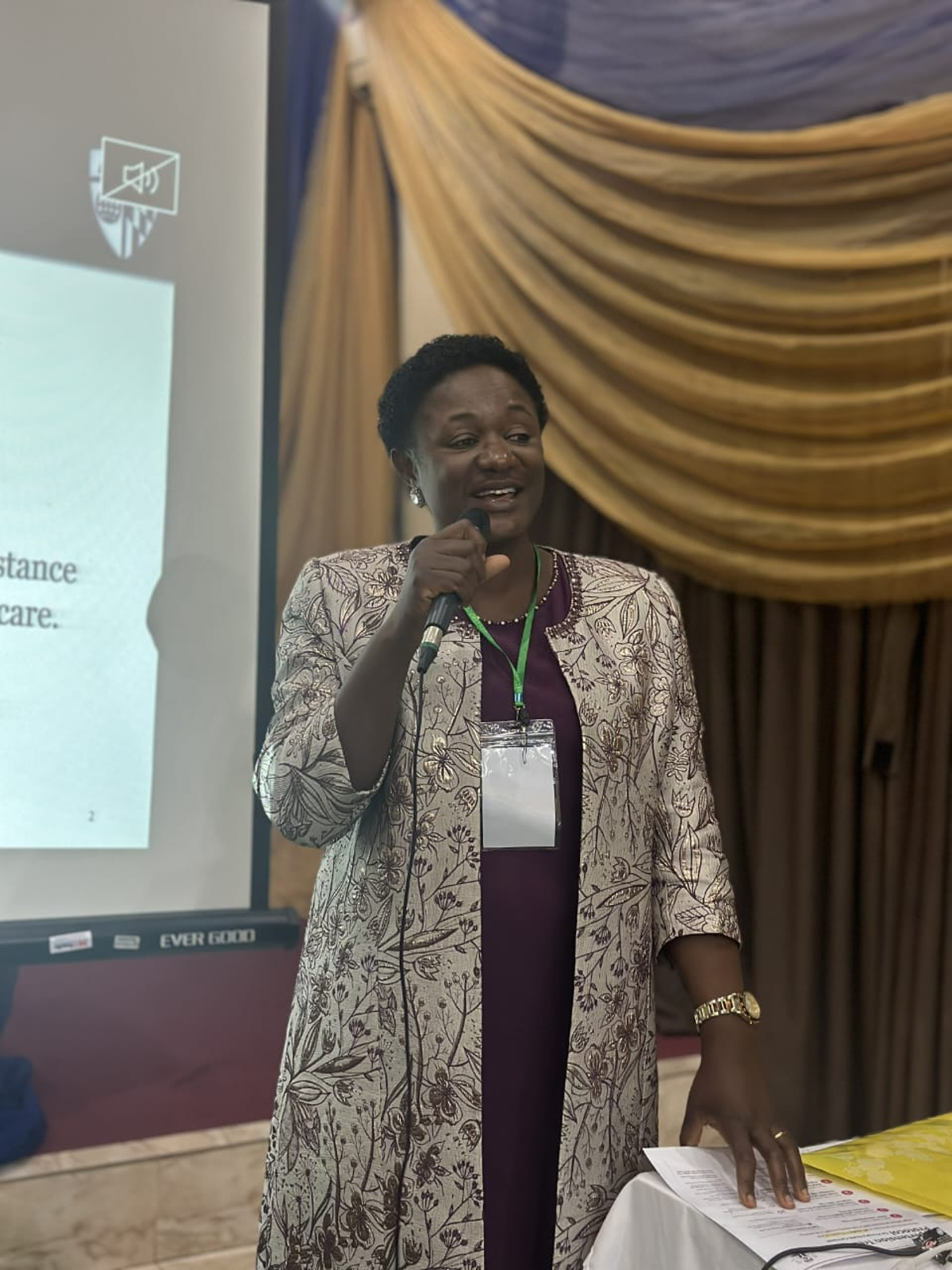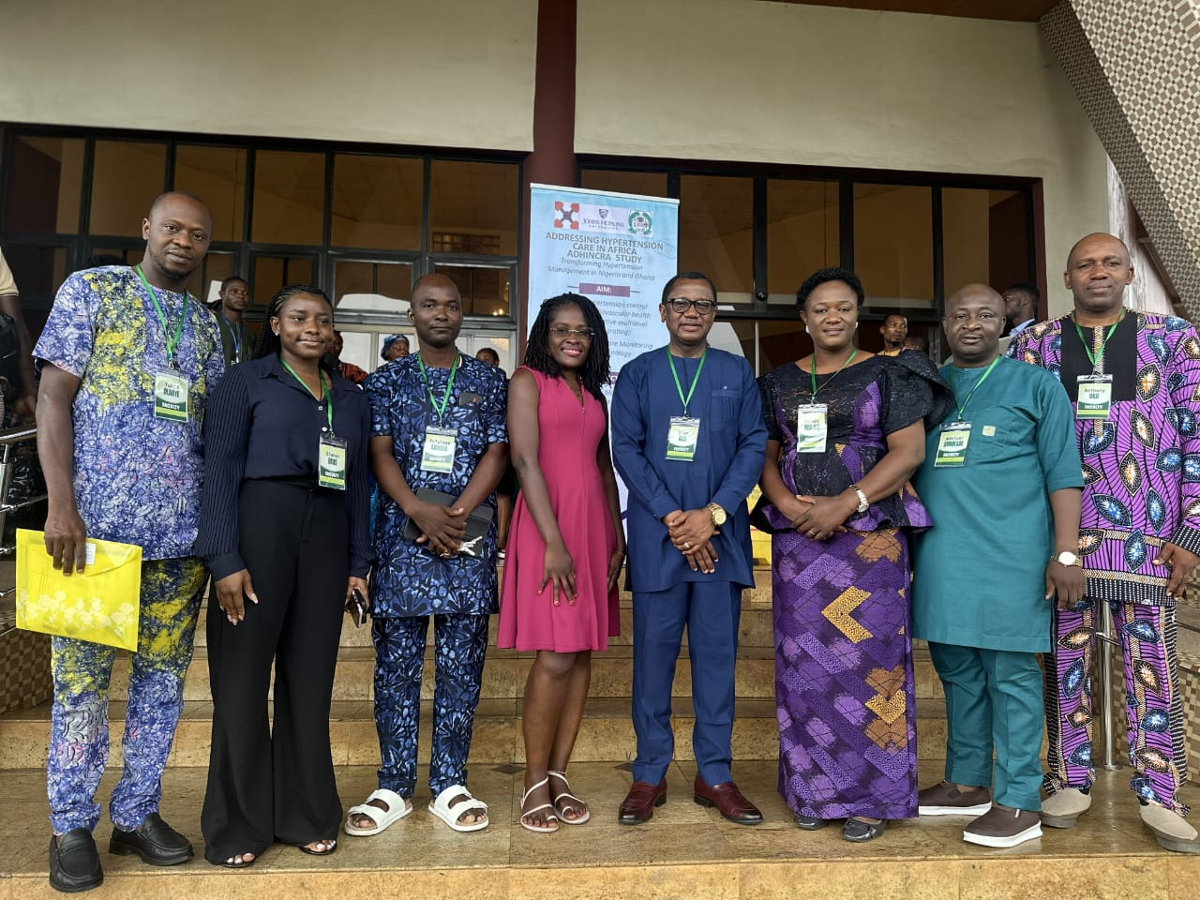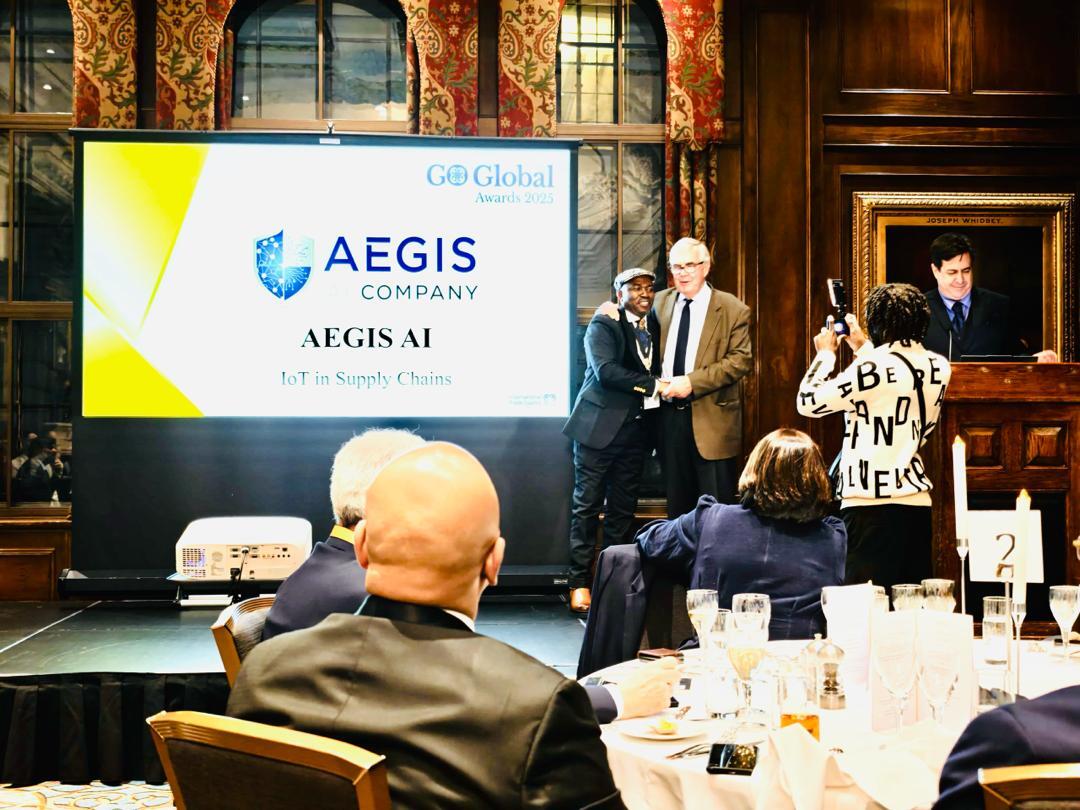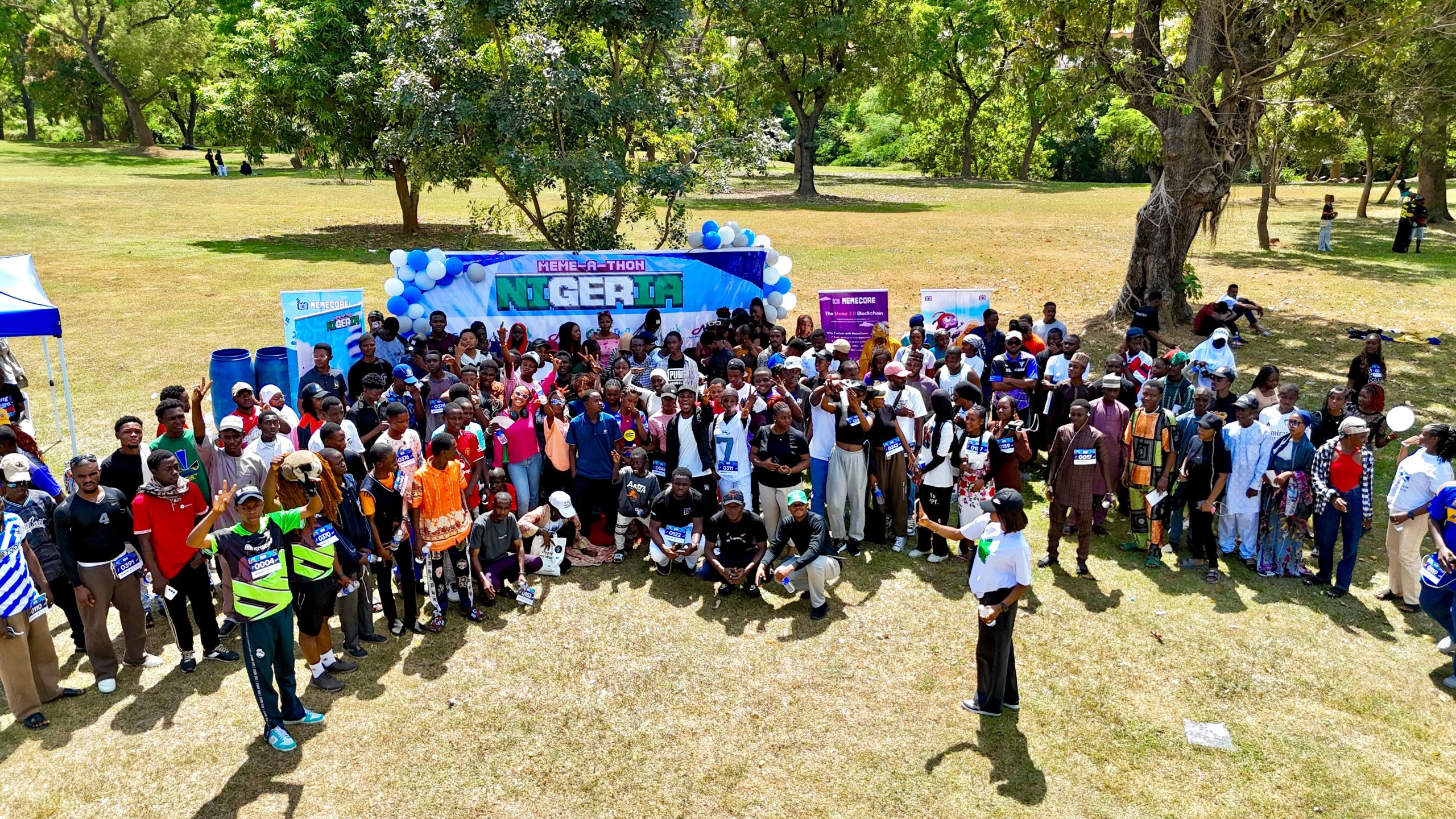- 70 healthcare workers trained to help 300 patients manage hypertension using free devices and mobile technology
An innovative program to address high blood pressure launched in Ondo State this week, bringing together over 70 healthcare workers for a three-day training program from July 2-4, 2025.
The ADHINCRA (Addressing Hypertension Care in Africa) study will help 300 patients across 6 primary healthcare facilities better manage their blood pressure using free home monitoring devices and mobile phone technology.
Why This Matters
High blood pressure, also called “the silent killer,” affects nearly one in three Nigerian adults, but most people don’t know they have it. Only about 12% of Nigerians with high blood pressure have it under control. Left untreated, high blood pressure can cause heart attacks, strokes, and kidney disease. “Hypertension is a major public health challenge in Nigeria,” said Dr. Bunmi Ogungbe, one of the study lead researchers from Johns Hopkins University. “This program brings proven solutions directly to communities where people live and work.”
How the Program Works
Each patient enrolled in the program receives:
A free Omron blood pressure monitor to use at home Access to a mobile app that helps track their readings
Regular support from specially trained nurses using standardised protocols
Evidence-based medications following simplified treatment guidelines
“Every patient who participates in this study will receive a blood pressure device for free that they will take home to use,” explained Dr. Bunmi Ogungbe and Dr Elohor Oborevwori, from Johns Hopkins University. “We’re integrating technology as well. We’re going to be using a mobile app to monitor people as they take their blood pressure at home. We can message them, providing that ongoing support.”
Proven Results Similar programs have already shown remarkable success. “Within 3 years, we enrolled 23,000 people,” said Prof. Dike Ojji from the University of Abuja, who leads the program in Nigeria. “Control of blood pressure improved from 23% to about 60%.”
Government Support
The Ondo State government strongly supports the program. Prof. Odimayo Michael Simidele, Special Adviser on Health to the Ondo State Governor, highlighted the state’s health improvements, noting that “over 100 facilities are being renovated” with better accommodation for healthcare workers, solar power, and water supply.
International Partnership
The program is a collaboration between Johns Hopkins University (USA) – Prof. Yvonne Commodore-Mensah as the Lead Principal Investigator, University of Abuja (Nigeria), and Kwame Nkrumah University of Science and Technology (Ghana), funded by the U.S. National Institutes of Health. The Nigerian team includes distinguished physicians and researchers:
Prof. Dike Ojji (Co-Principal Investigator, Cardiovascular Research Unit, University of Abuja)
Dr Bolade Dele-Ojo (Program Director, ADHINCRA Nigeria & Consultant Cardiologist, Ekiti State University Teaching Hospital)
Dr Olatunji Olaoye (Consultant Physician and Cardiologist, Federal Medical Centre, Owo)
Dr Sunday Barnabas Alliu (Public Health Physician, Director of Primary Health Care, Akoko North West LGA) Dr Adetumi Adetunji Subulade (Consultant Epidemiologist and Biostatistician, Federal Medical Centre, Owo)
Dr Tolulope Moses Akinola (Consultant Family Physician, Federal Medical Centre, Owo)
Dr Anthony Orji (Research Fellow, Cardiovascular Research Unit, University of Abuja; Chief Medical Officer/Consultant, Primary Health Care Department, AMAC, Abuja)
Looking Ahead
The program aims to enrol 50 patients per facility over three months, with each patient receiving one year of active support followed by continued monitoring. Success in Ondo State will pave the way for expansion to all Nigerian states and other African countries. “We want to be able to sustain and scale this up,” the team emphasised during the training. “According to the WHO, 310,000 deaths could be prevented by 2040 in Nigeria if hypertension treatment and control are substantially scaled up.”
About ADHINCRA
The Addressing Hypertension Care in Africa study uses nurse-led and community-based care, mobile technology, and simplified treatment protocols to improve blood pressure control. The program builds on successful models that have enrolled thousands of patients across multiple facilities in Nigeria.
Acknowledgments
The ADHINCRA program gratefully acknowledges the contributions of the Johns Hopkins University implementation team, including Dr. Bunmi Ogungbe and Dr Elohor Oborevwori, who travelled from the United States to lead the hands-on device training sessions. Special recognition goes to the dedicated support staff who made the program possible: Praise Ogunleke (4th year Medical Student, Ladoke Akintola University of Technology), Mary Alawode, and Okeoghene Egbonodje, among others, whose efforts were instrumental in the successful launch of the program. For updates on the ADHINCRA study:
Email: [email protected]
Instagram: @adhincrajhu_edu
LinkedIn: ADHINCRA.JHU
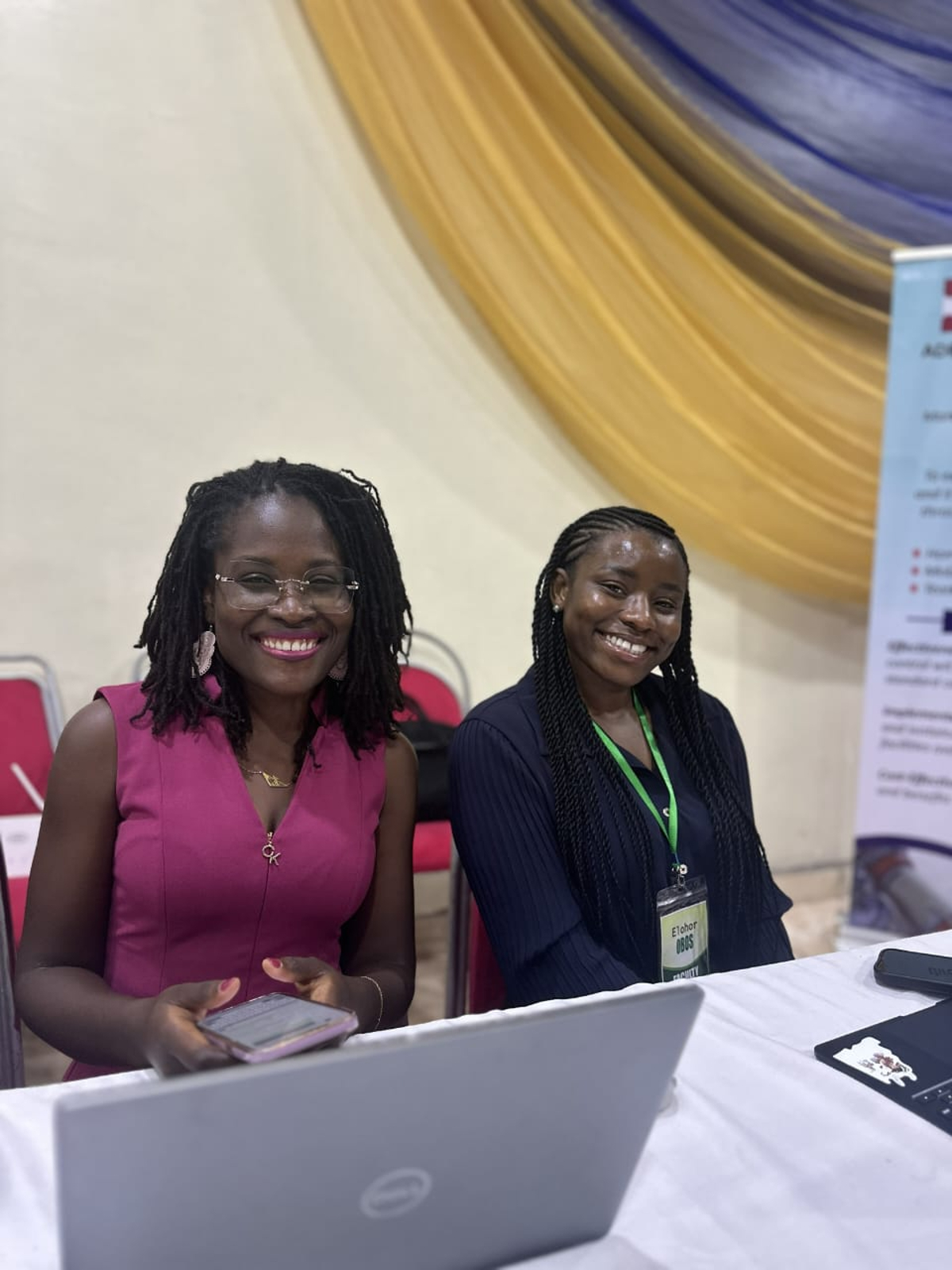
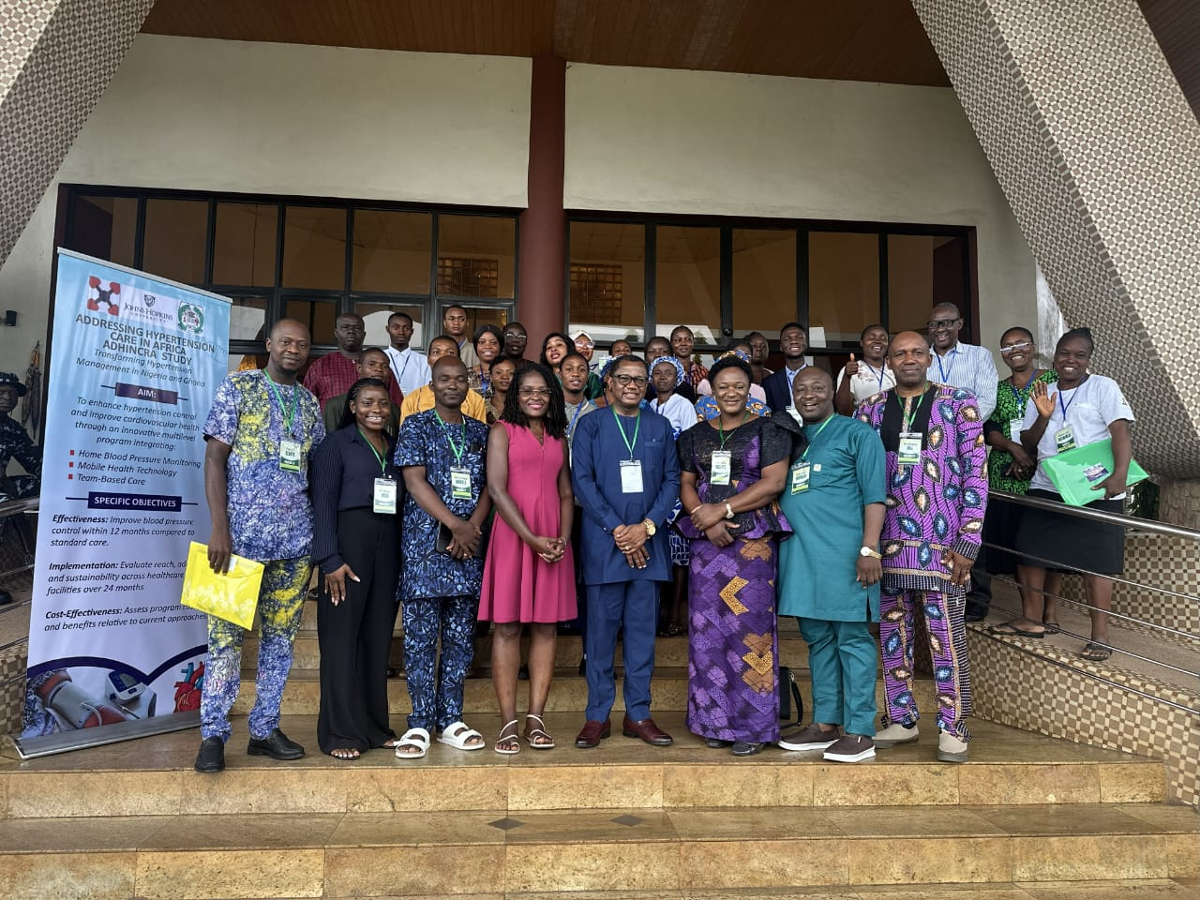
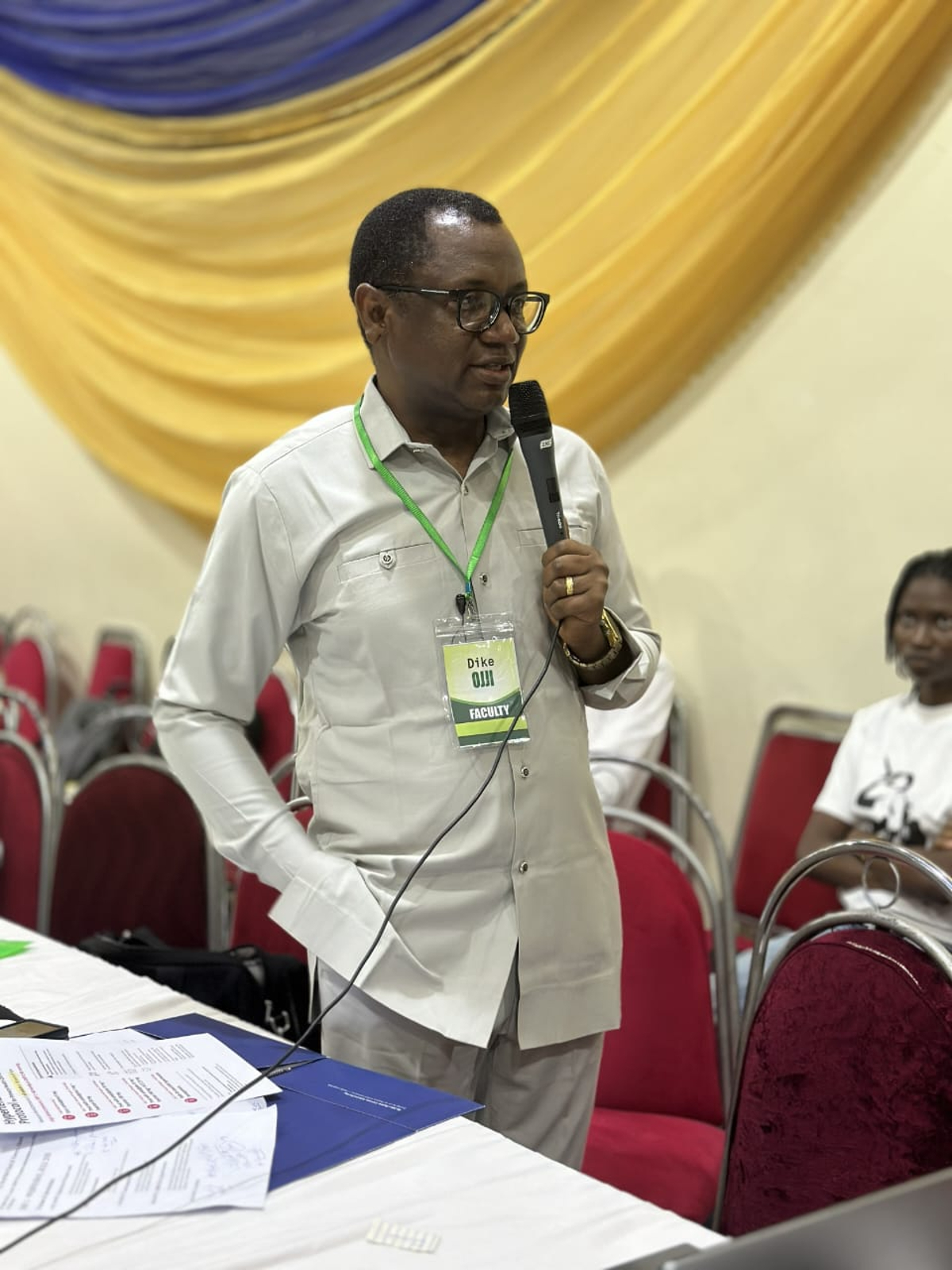
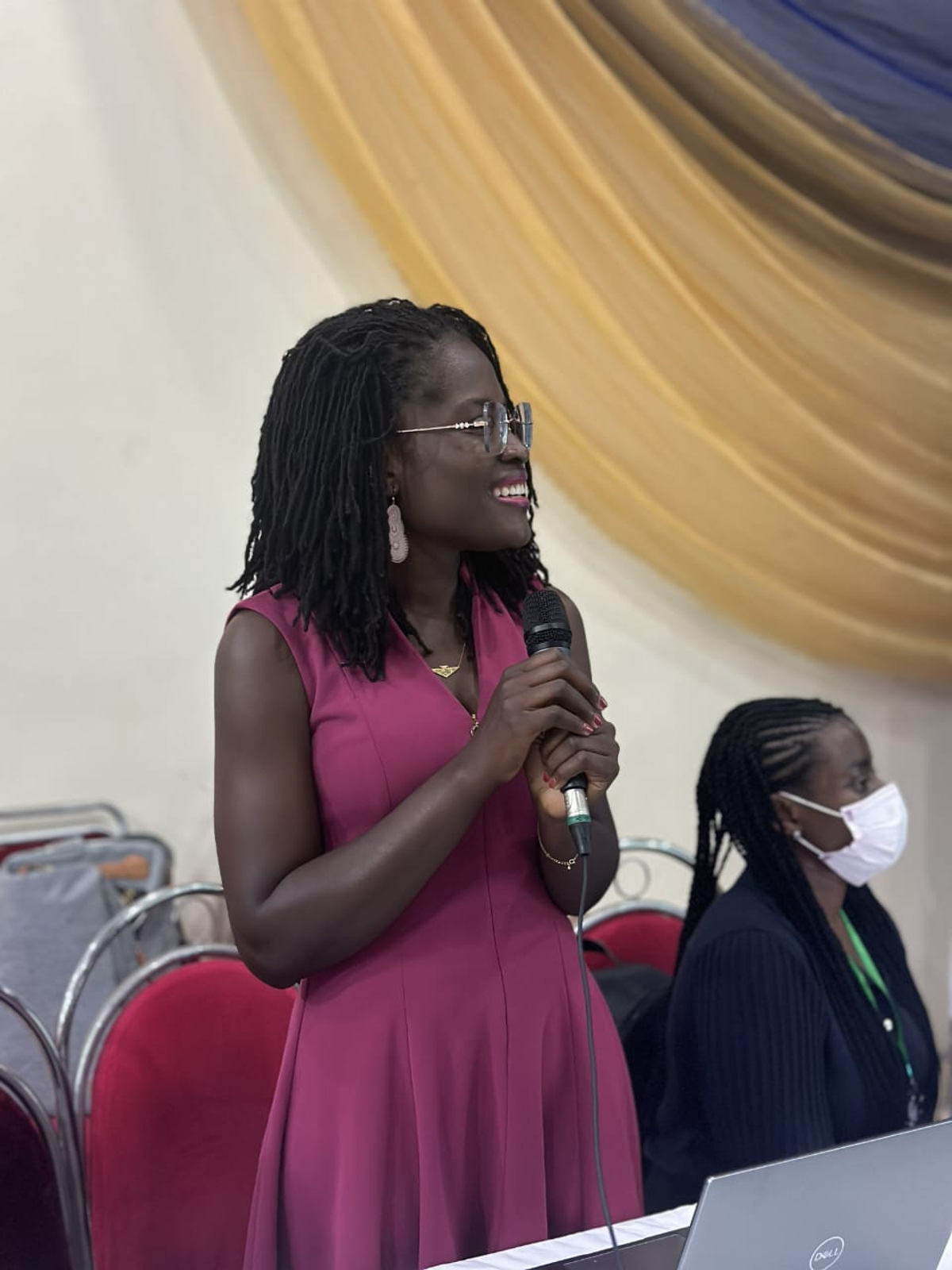
Dr. Bunmi Ogungbe, Co-Investigator from Johns Hopkins University, presents the ADHINCRA program methodology. The study uses a stepped-wedge research design to evaluate nurse-led care and mobile health interventions.